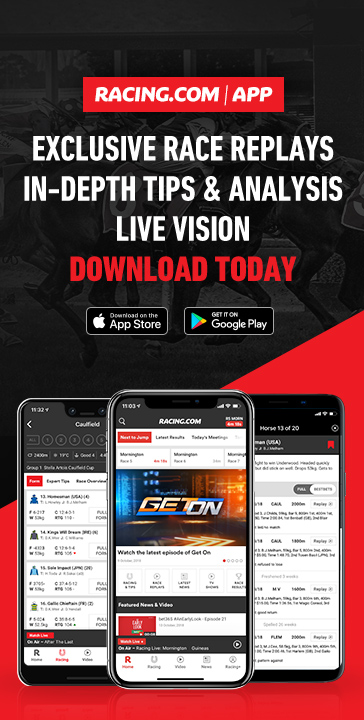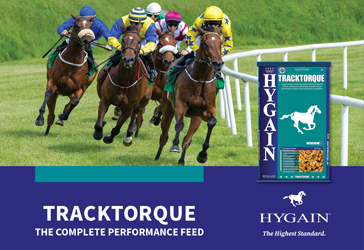Racing SA advise that after considering the forecast temperature, low humidity and wind speeds the meeting programmed this Sunday 4 February at Balaklava will proceed as scheduled, with the Level 2 Hot Weather Policy enforced. The scheduled arrival time for horses has been reduced to 1.5 hours before race time.
Level 2 Protocols (to be read with Level 1 Protocols) include -
- post-event - the Veterinary Surgeon shall take a position as instructed by the Stewards in order to respond to any concern expressed by a rider or to identify and assist any horse requiring first aid;
- while detained in the swabbing area (either pre- or post-event) to monitor horses sweating or becoming distressed when in the stall and/or during the sampling procedure; and
- subsequent to an event - ensure all horses have recovered appropriately to permit travel.
Note: No horse shall leave the course without the approval of a Veterinary Surgeon.
Attention to and/or treatment for EHI
Trainers shall ensure that horses are cooled down promptly and adequately post-event. Trainers are alerted that unless appropriate care is provided, a horse’s core temperature may continue to RISE for up to 20 minutes post-event. Evaporative cooling, particularly sweating, is the most effective means of dissipation of body heat for the exercising horse. The liberal application of cold water in shaded, well ventilated areas will assist the processes which enables horses to lose excessive body heat on hot days.
Using the evaporation principle it is possible to assist horses to cool after racing in hot weather.
Appropriate strategies include:
- continuous water application
- as water evaporates from the skin surface it removes body heat causing the horse to cool. The evaporation rate improves if horses are frequently hosed, excess water scraped from the coat and then walked, preferably in shaded, breezy areas.
- horses may need to be hosed and scraped several times in between walks.
- bucketing ice cold water over the horse may assist in the recovering of a heat affected horse but is not considered mandatory.
- horses should be allowed to drink as much fresh, clean water as they require after racing.
- horses must be allowed sufficient time to adequately cool down before being floated back to their stables.
- positioning the horse in a cool area, preferably with access to breeze or air flow.
Requirements of Race Clubs
- Race Clubs should ensure adequate wash bays and hoses are available to enable rapid post-race cooling of horses; and
- ensure adequate drinking water is available for horses; and
- provide adequate ice, water, scrapers and extra hoses. Race Club staff shall provide additional hoses in the mounting enclosure and, where requested, provide large bins at the hose bays and ensure these are continually stocked with bags of ice and water to assist in the cooling of horses; and
- ensure the swabbing stall is as cool as possible. Strategies which could be considered to cool the swabbing stall include, hosing the roof, allowing adequate ventilation and providing fans/air-conditioning (where practical).
- ensure that horses are well cooled before entering the swabbing stall.
Click here for a copy of the hot weather policy for horses.
Click here for a copy of the hot weather policy for riders.
Racing SA will continue to monitor the forecast in the lead up to the meeting and any further decision will be made in accordance with the above Hot Weather Policies.






